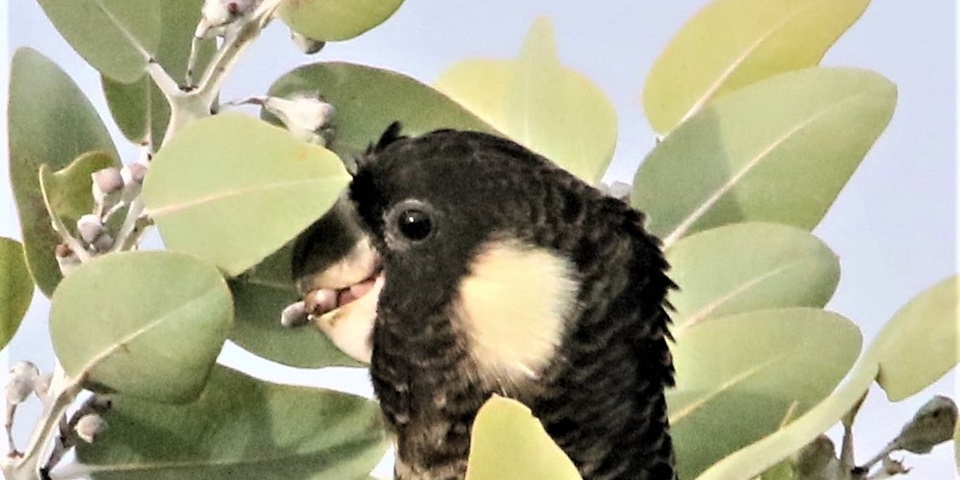Ngoolarks (Carnaby’s cockatoos) urgently need more food. Most black cockatoo foraging habitat around Perth has already been lost, and more is being cleared every week. This is driving their declines towards extinction.
To help save Perth’s Ngoolarks, alongside having your say, perhaps the number one thing people can do is volunteer with a specialist native plant revegetation team, to help put more “food in the ground” for the birds.
The Keep Carnaby’s Flying – Ngoolarks Forever project partners listed below are all not-for-profit organisations that are specialists in land-care and native habitat revegetation and restoration. They welcome and depend on volunteers (volunteers help them achieve the exceptional work that they do). They have a variety of ways that you can get involved to give black cockatoos more habitat. Visit their websites for details:
Friends of Bushland groups
The Keep Carnaby’s Flying – Ngoolarks Forever land-care and habitat restoration groups listed above have links to local Friends of Bushland groups: small groups of passionate volunteers who care for and restore native bushland patches across Perth. Satellite and GPS tracking of flocks shows that some Perth suburbs, where too many patches of bush have been cleared, have already lost their black cockatoos.
There may be a Friends group to join in your neighbourhood. If not, and if you love caring for bushland and wildlife habitat, why not start your own! The organisations above may be able to help. Your local council should also be able to offer support and advice, and perhaps even provide some native plants and resources to get you going.

Patches of urban bushland, no matter how small and scrubby-looking, are ‘gold’ for keeping black cockatoos in your suburb.
Volunteer at a black cockatoo rehabilitation centre
Black cockatoos that are found sick or injured, and which have a chance of being returned to the wild, are cared for and rehabilitated at Kaarakin Black Cockatoo Conservation Centre can take many months, as the birds recover and learn to fly strongly again. Research has shown that the program is very successful: after being rehabilitated at Kaarakin, many hundreds of black cockatoos have been able to return to wild flocks.
As a not-for-profit group, Kaarakin depends on highly-dedicated volunteers to help out at the rehabilitation centre – Kaarakin volunteers are not only involved in the care and husbandry of black cockatoos being rehabilitated back to the wild, but also help with restoration of habitat, to give black cockatoos more roosting, foraging and nesting sites. If this could be you, visit Kaarakin’s website to find out details about opportunities.
Bird conservation and citizen-science at BirdLife
BirdLife Australia offers a wide range of ways to volunteer to help black cockatoos and other Australian native birds. See their website for ideas (more ideas on the BirdLife WA website) – or consider getting involved with their exciting annual citizen-science, the annual Great Cocky Count (look for details online at the start of each year) and the year-round Cocky Watch.
Ecosystems, community, people
Getting involved in community activities to help Ngoolarks has ripple effects across Perth and southwest WA. It supports three important priorities of our project and those of Lotterywest, our funding partner during the project's two year ignition stage:
- Protected Sustainable Ecosystems
- Inclusive Thriving Community
- Active Healthy People
